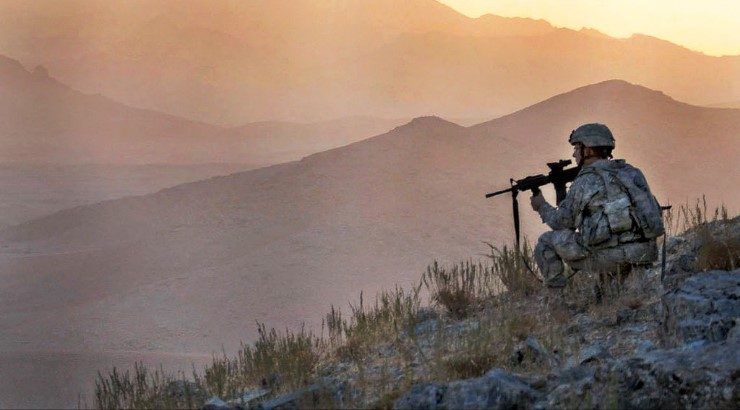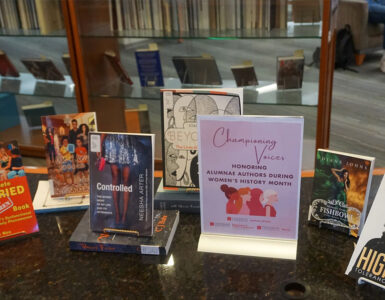After nearly two decades, America recently ended its war in Afghanistan, our nation’s longest conflict. A generation of Americans born after 9/11 has never experienced a time when the United States was not at war.
This includes those who fought. As I complete my book “The Forever Soldiers: Americans at War in Afghanistan and Iraq,” I have been struck by the uniqueness of these fighters when contrasted with those of other major long-term conflicts, including Vietnam.
The most obvious contrast is that the millions in uniform in Iraq and Afghanistan were volunteers, and increasingly large numbers were women. Many others joined after 9/11, driven by rage and a desire to protect the country from terrorists. By the end of the conflict, it would even include young people born after 9/11.
Ironically, some of those fighting (and dying) were not even U.S. citizens. These included José Gutiérrez, who immigrated from Guatemala. A Marine, he died in the invasion of Iraq in March 2003, a victim of friendly fire.
Others surrendered lucrative careers to join, including Pat Tillman, who left the NFL and a $3 million contract to become an Army Ranger. Like Gutiérrez, he died from a friendly fire accident, but not before inspiring many to join.
Beyond the regular Army, many others volunteered through the National Guard. Many joined before 9/11, hoping to earn money for college or simply supplement their wages. But after 2003, they shouldered heavy burdens, experiencing major dislocations in their careers and families during the conflict.
The Guard also highlighted the increasing role of women. Tammy Duckworth, now a U.S. senator, lost both her legs in Iraq while flying an Illinois Guard Blackhawk Helicopter in 2004. Not long after, Leigh Ann Hester of the Kentucky Guard won a Silver Star for heroism in combat in 2005. The United States relied heavily on the Guard (and the Reserves) in Afghanistan and Iraq.
Finally, one of the most underappreciated groups contributing to the U.S. war effort was contractors. They held a variety of jobs, including security, truck drivers, linguists and bomb disposal experts. Some were foreign nationals, from many countries, while many, especially in the security forces, previously served in the U.S. military.
These contractors experienced significant losses, some enduring horrible deaths. A retired Marine, Joshua Munns, returned to Iraq as a security expert in 2006. Not long after, the enemy captured him. A year later, despite attempts to secure Munns’ release, people found his mangled body in a garbage dump near Basra.
While the number of deaths in the recent wars was significantly lower than during the Vietnam War, the losses were substantial. During the 20 years since 9/11, 6,922 American soldiers perished, as well as 7,567 contractors. Many survivors came home with serious physical and psychological wounds, too many dying from suicide after returning. While most Americans moved on with their lives after 9/11, those who served shoulder a weight of the wars that will continue for a long time.
But as 9/11 memorials and anniversaries occur, it remains imperative to remember those who fought. Marine Gen. John F. Kelly, who lost a son in Afghanistan in 2010 and served as the White House chief of staff for President Donald Trump from 2017 to 2019, correctly praised them. He described them as “the best 1 percent this country produces,” adding: “Most of you, as Americans, don’t know them. Many of you don’t know anyone who knows any one of them.” However, he concluded: “But they are the very best this country produces and they volunteer to protect our country when there’s nothing in our country that seems to suggest that selfless service to the nation is not only appropriate but required.” I fully agree.
Kyle Longley, Ph.D., is a professor of history at Chapman University and the director of the MA in War and Society program. Longley has published nine books and is currently completing “The Forever Soldiers: Americans at War in Afghanistan and Iraq.” His opinion pieces have appeared in the Washington Post, Newsweek, New York Times and the Los Angeles Times.




